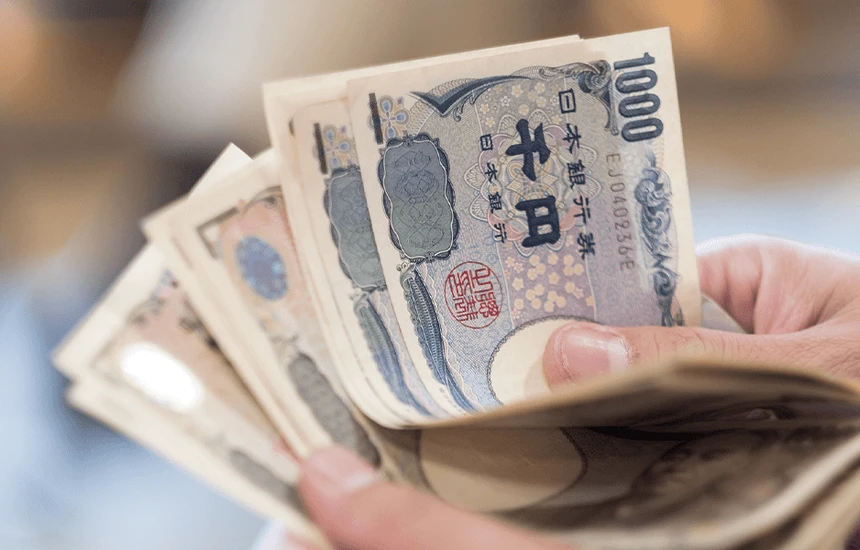A recent investigation by the Mossos d’Esquadra (Catalan police) has uncovered a series of questionable payments made by Codere to a consultancy firm founded by former Spanish Minister of Finance Cristóbal Montoro. The firm, Equipo Económico, received a total of €679,000 from Codere between 2008 and 2012.
The payments were allegedly made to coerce the Spanish government into passing regulations favourable to Codere. At the time, Rafael Catalá, a key figure in the Spanish government, was serving as a director at Codere.
Montoro’s Firm Linked to Favorable Gaming Legislation
According to Mossos d’Esquadra’s investigation, Equipo Económico billed Codere more than €140,000 annually during the processing of key regulations. These laws were crucial for the growth of the gaming sector in Spain. During this period, the Spanish government, under Prime Minister Mariano Rajoy and Finance Minister Montoro, passed several laws benefiting Codere and similar companies.
One of the most significant changes was the amendment to the Personal Income Tax Law, allowing gamblers to deduct losses from online gaming. It was difficult to apply this to traditional forms of gambling. Tax technicians and foreign operators heavily criticised the regulation. They argued that it disproportionately favored companies like Codere.
Catalá’s Role in Codere and the Gaming Industry
Rafael Catalá’s involvement in Codere during this period has raised concerns, given his role as Spain’s Minister of Justice between 2014 and 2018. Catalá had previously served as a senior Treasury official under Montoro’s ministry. So his ties to Codere and the government are under serious scrutiny.
Furthermore, Catalá’s tenure as Codere’s director was pivotal for the Spanish gaming industry, which began to grow rapidly in the early 2010s. With its multinational presence, Codere was particularly vocal about the need for regulatory reform, which ultimately led to the 2011 Gaming Law.
Ongoing Investigation and Potential Implications
The investigation into Montoro’s firm and its relationship with Codere has been ongoing for several years. A recent report by the Mossos d’Esquadra suggests that the Economic Team’s efforts might have significantly influenced the drafting of the regulations. Despite these revelations, the judge hasn’t expanded the investigation to include the gaming sector.
While there is evidence of lobbying and backroom dealings between Codere and Montoro’s firm, the case is in its early stages. The implications for Montoro and his associates remain unclear. As it unfolds, questions remain about the influence of private consultancy firms on public policy and the potential for corruption within the Spanish political system.

 Companies
Companies 





